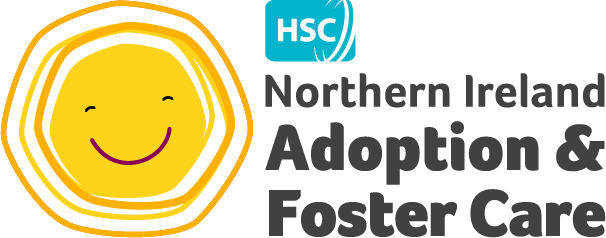What makes a great foster carer?
What makes a great foster carer has nothing to do with your sexual orientation, marital status or gender. Great foster carers are individuals or couples who are devoted to the children and young people who need their help. Every child/young person in care deserves more than a place to stay, they deserve a home where they feel safe, nurtured, and valued. They need an adult they can trust. Someone who truly sees them, hears them, and supports their growth. Someone who can empathise and relate to their experiences, with the patience, compassion, and resilience to help them reach their full potential.
Who can become a foster carer?
Many myths surround who can become a foster carer. Whether you think you have to be a homeowner, older, married, trained, employed…the list is long. The truth is, there’s no such thing as a typical foster carer. Particularly in the LGBTQIA+ community, we recognise that many individuals feel their application to foster may be negatively impacted based on their relationship status or sexual orientation. This, however, is not the case.
Foster carers are unique, just as every child/young person in the foster care system is unique. Each application to foster will be reviewed on its merits and relate to characteristics such as dedication to children/young people, patience, communication skills, and your support networks.
The value of LGBTQIA+ foster carers
Our social workers recognise that members of the LGBTQIA+ community offer particular strengths in their role as foster carers. Showing an openness to difference, and ability to empathise with fostered children is hugely beneficial. We also appreciate that LGBTQIA+ foster carers are often more willing to consider harder to place young people including teenagers, sibling groups or those with additional needs. LGBTQIA+ foster carers may have experience of being marginalised and discriminated against in their own personal lives and can possibly identify with young people who are having similar experiences.
Breaking myths about same-sex foster carers
While it is sometimes suggested that children/young people cared for by same sex couples may be bullied or their own gender identity affected by the influences within their foster home, research shows this isn’t the case. In fact, the emotional and psychological support an LGBTQIA+ foster carer offers can be invaluable. Like all good foster carers, as long as you can offer a strong support system, security and resourcefulness, a placement within your home could make a huge difference to a child/young person’s life.
The importance of men in foster care
Single gay men often worry they won’t be seen as suitable foster carers. That’s simply not true. Male foster carers, gay or straight, can play an immeasurable role in the lives of children and young people. Young people may often have had no positive male role model in their life to date. Some may have experienced trauma with men in their lives, and the opportunity for them to gradually form an appropriate, trust-based, secure and caring relationship with a man can’t be underestimated.
Click here to read about Daniel, who shares his experiences of being a single gay HSC NI foster carer.
Click here to read our article on the importance of the role of men in foster care.
Meeting the growing need
There is a real need for foster carers from all parts of society to reflect the diversity of children entering care in Northern Ireland. This includes children/young people from different countries and religions. Temporarily or long-term, they need a safe and loving home where they can adjust to their new life, be helped through any problems they are experiencing and be given the best possible chance to move forward positively.
Get in touch
If you’re considering fostering, your experience and compassion could change a child’s life. Find out how to become a foster carer today. Call 0800 0720 137 or complete an online enquiry form
Also in this area Articles
- Fostering teenagers: The reality and reward
- What makes a good foster carer?
- Maintaining sibling relationships in foster care
- How do I become a foster carer?
- Why Northern Ireland needs foster carers
- What support is there for foster carers?
- Foster care myths debunked
- Fostering a child with disabilities
- Why should you consider becoming a foster carer?
- Fostering young refugees
- What’s the difference in fostering with a private/independent agency or HSC NI Foster Care?
- The vital role of men in foster care
